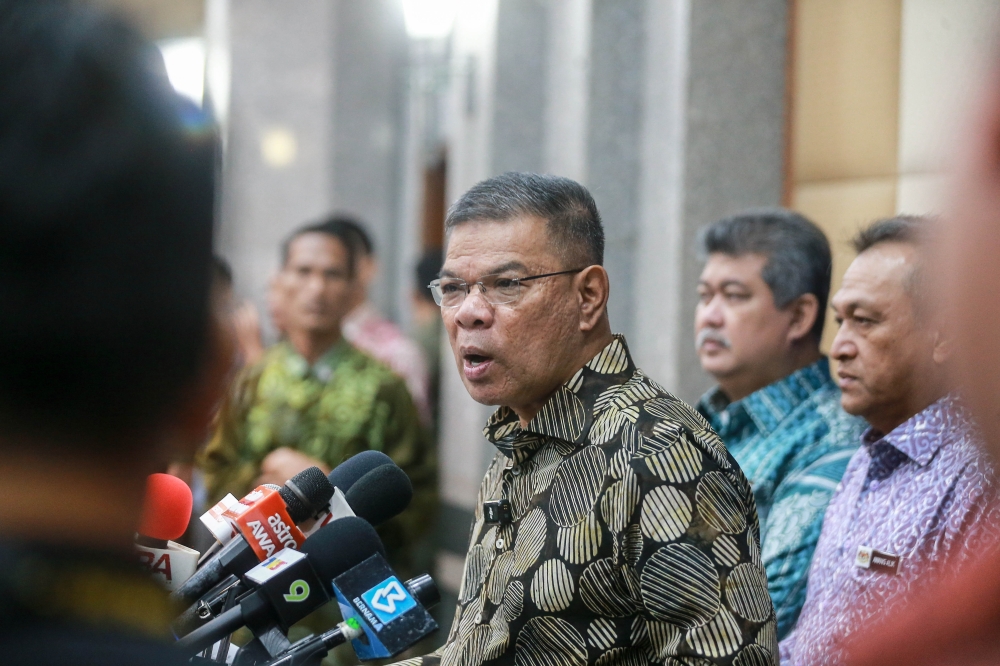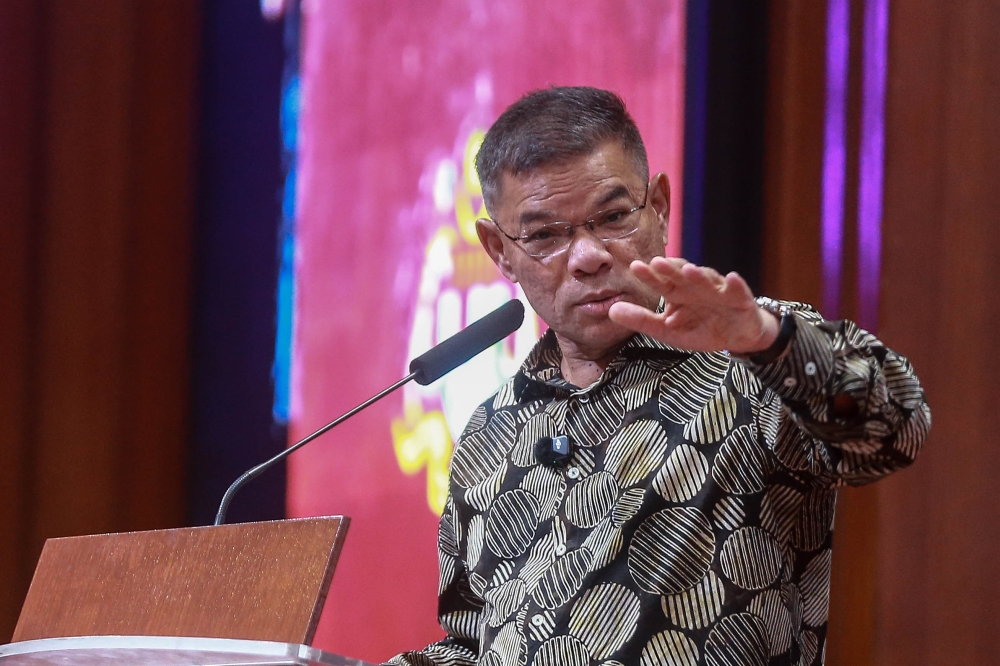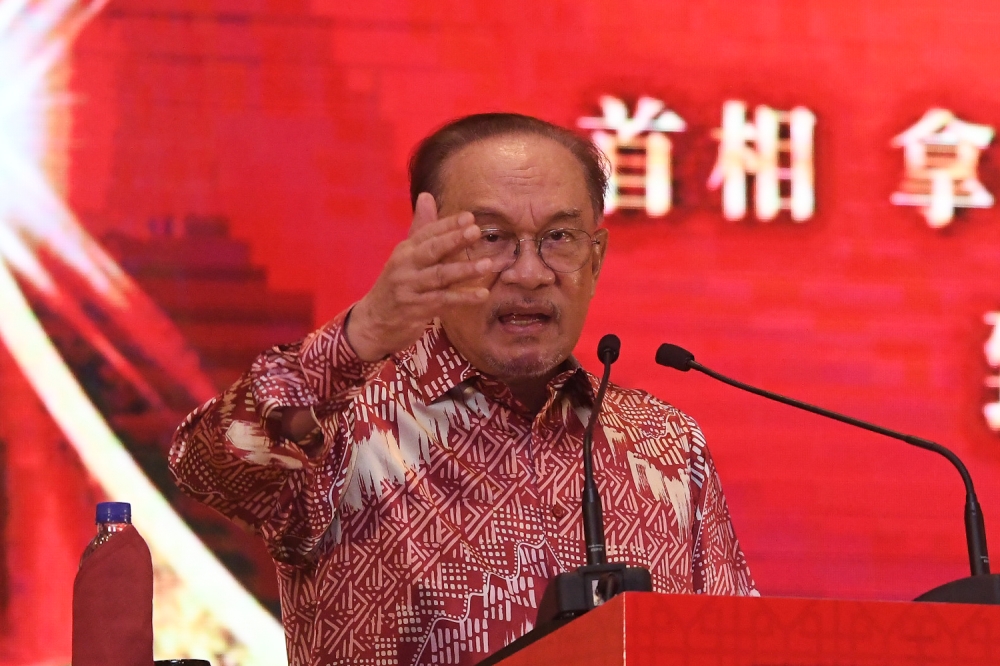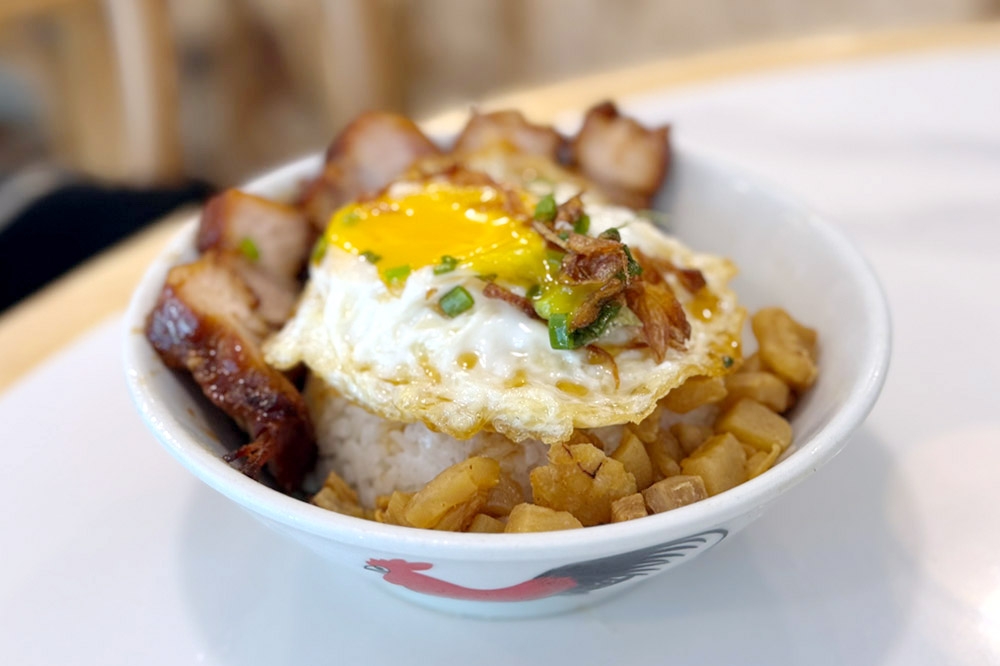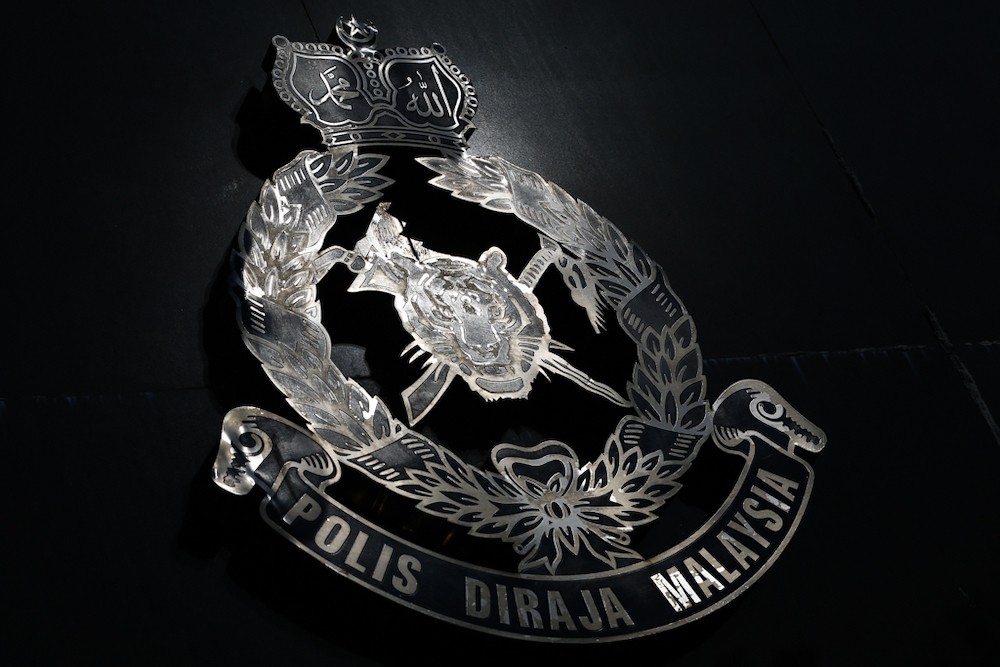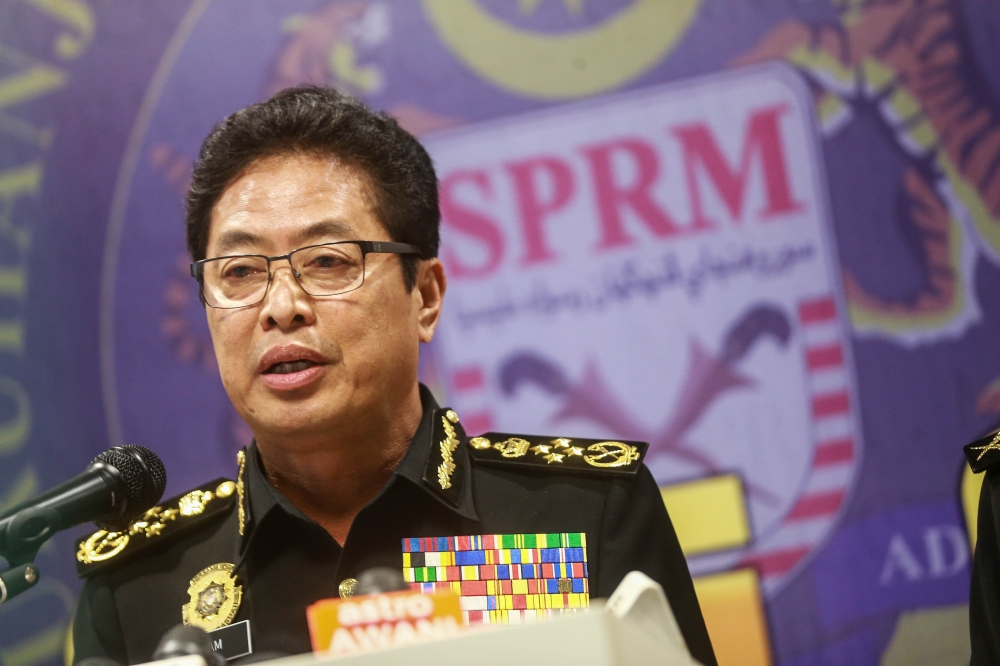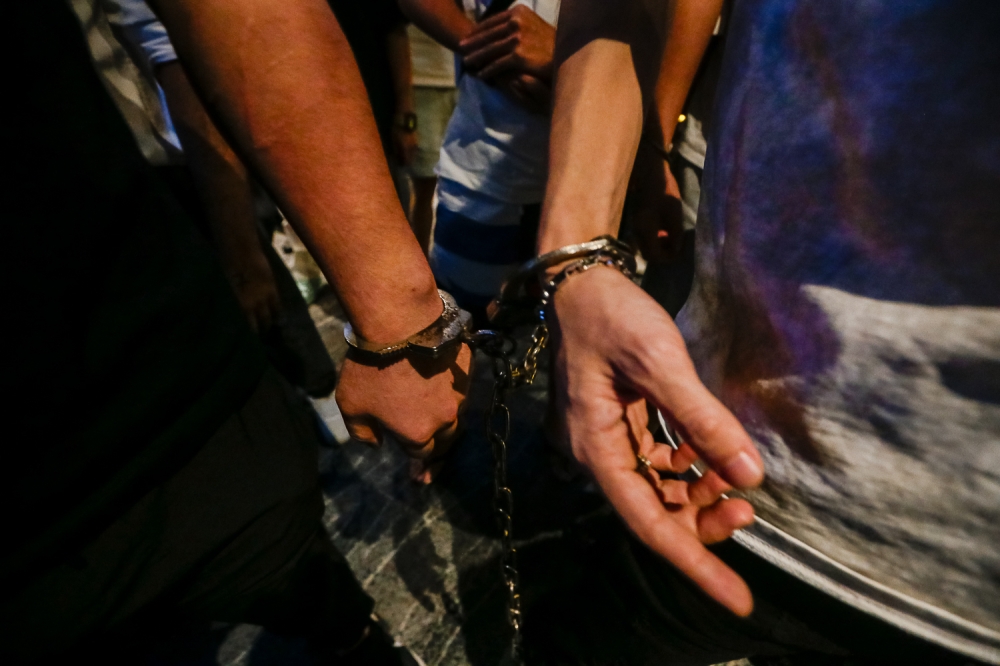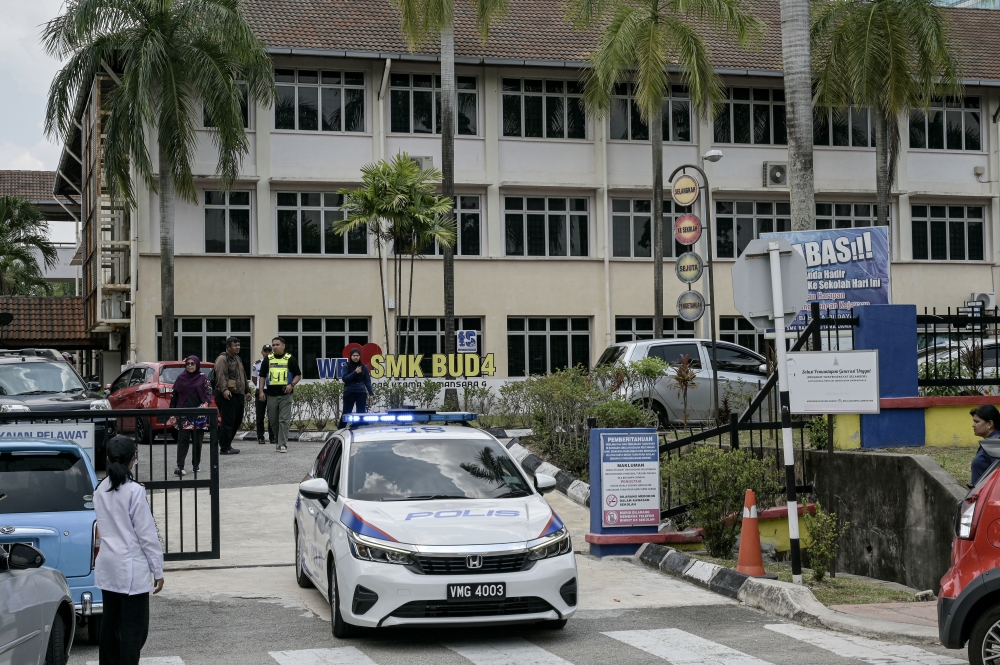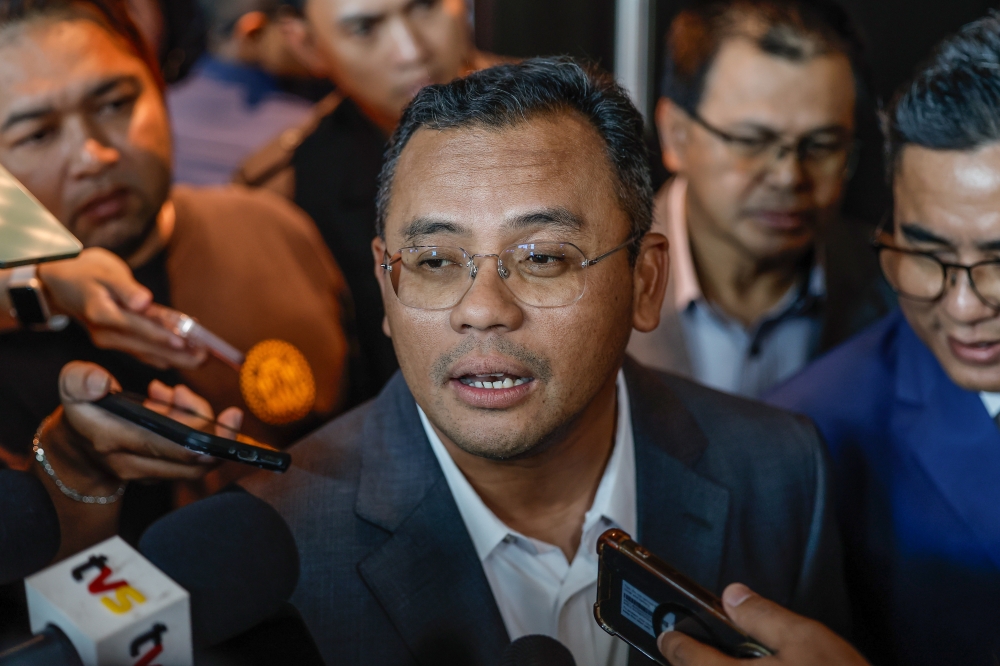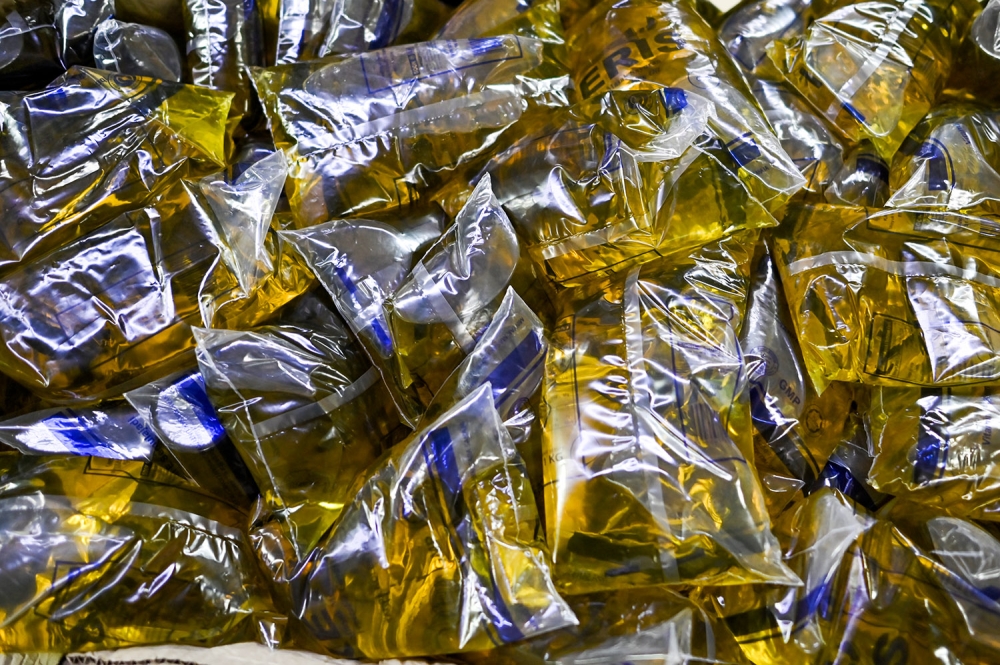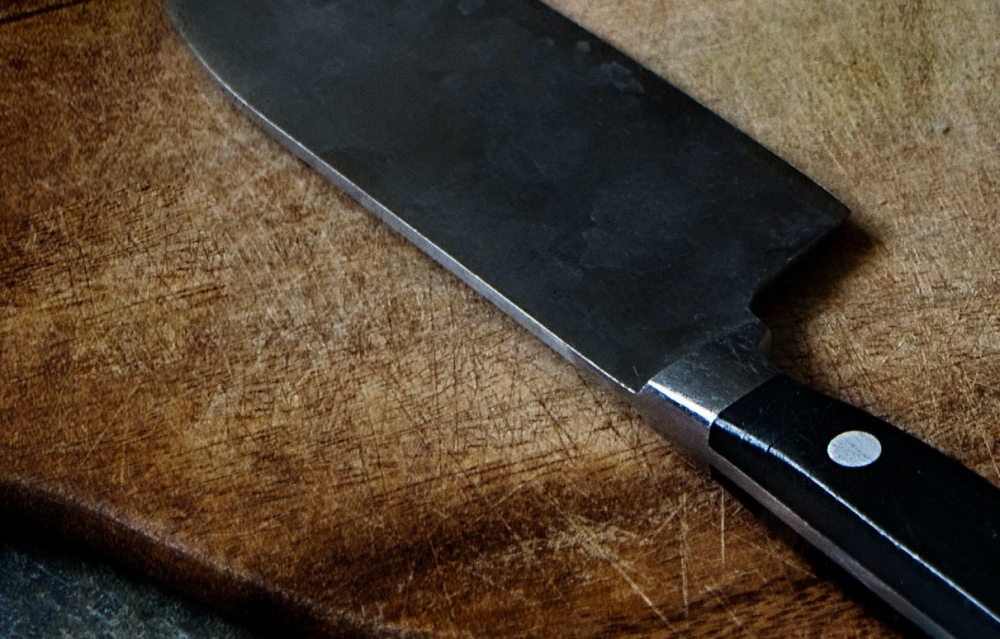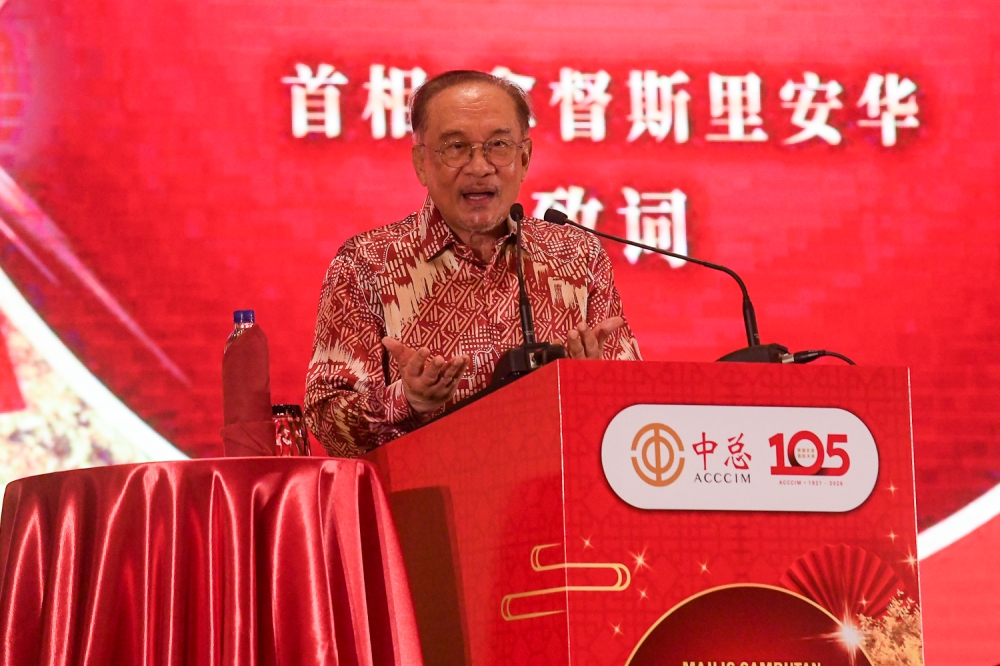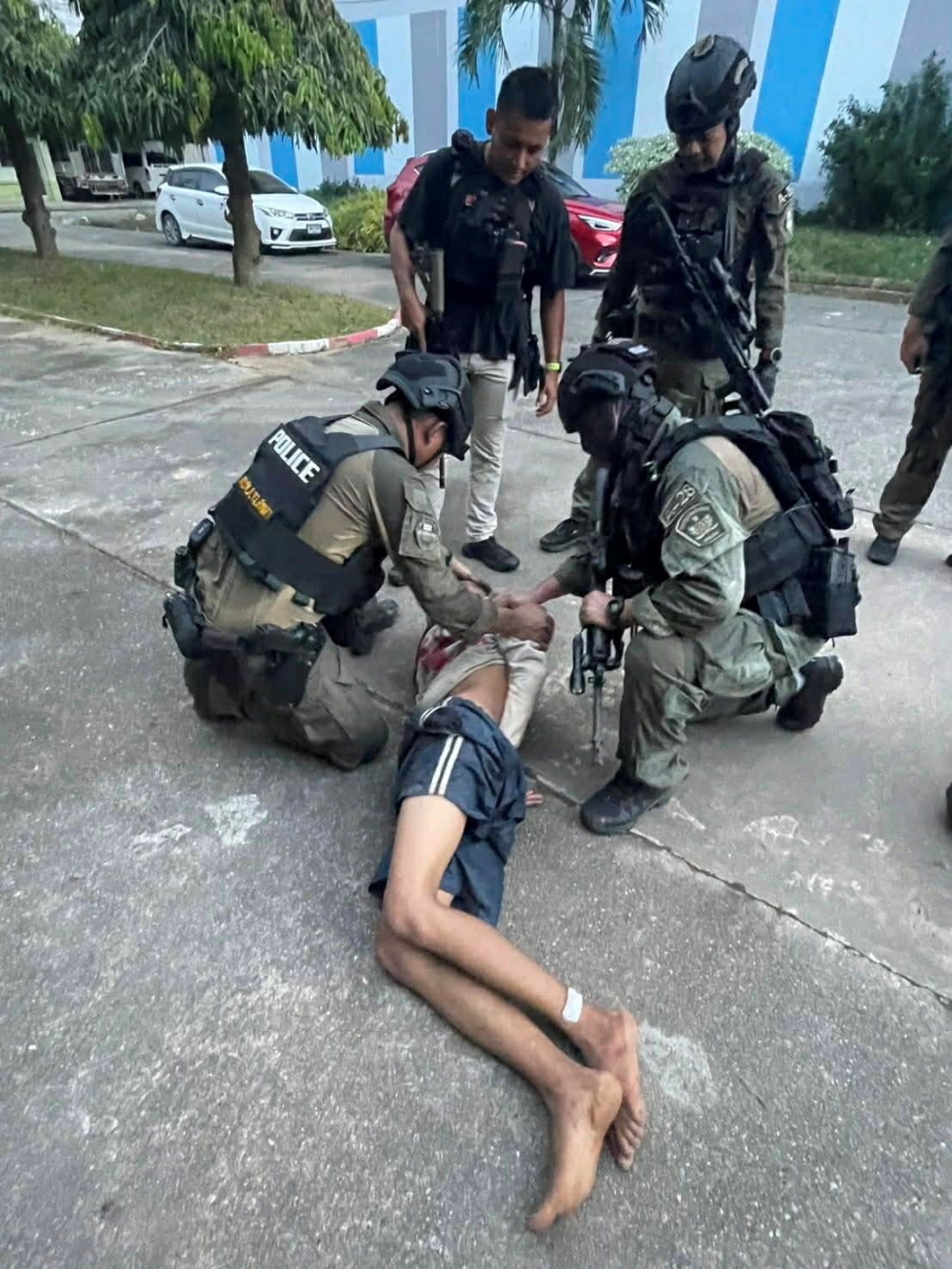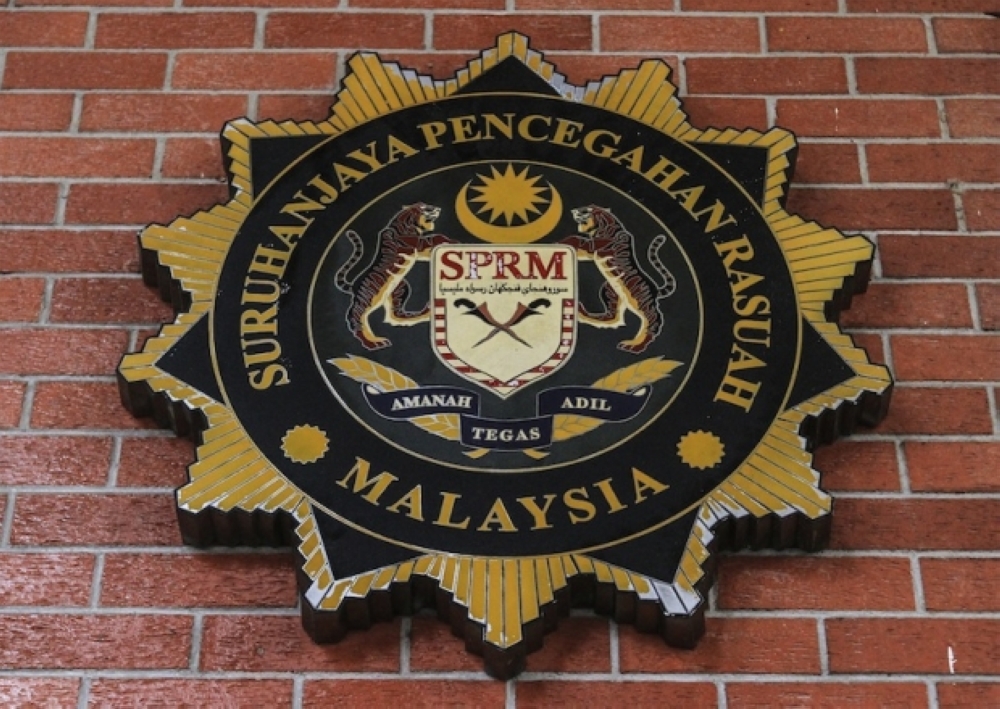KUALA LUMPUR, Sept 16 — “THIS IS CHIN PENG. The brains behind the terrorism in Malaya, he is worth $250,000 to anyone who has information which will lead to his capture,” screamed a front-page caption under his mugshot in The Straits Times on May 1, 1952.
The bounty posted by the colonial British government would be worth millions in today’s ringgit, Chin Peng’s lawyer, Chan Kok Keong, once said.
Once Malaysia’s “Public Enemy No 1” for leading a bloody communist insurgency, the man known as Chin Peng died in exile today at a Bangkok hospital, over 1,200km away from the land he called home.
The former secretary-general of the outlawed Communist Party of Malaya (CPM) died of old age, the Bangkok Post reported, just a month shy of turning 89.
But for decades, his heart had been sickening for the land of his birth, where he had fought, spilt blood and in return, seen the blood of his communist comrades spilt, in a violent, protracted jungle war that began shortly after the end of World War Two and finally ran out of steam on December 2, 1989.
The man’s real name was Ong Boon Hua and he was born on the 21st day of the 9th lunar month in 1924, according to the Chinese calendar.
The date is equivalent to October 19, according to relatives who have been caring for him who once told me in a rare interview in the Thai capital in 2009 where Chin Peng was based after the Malaysian government reneged on its pledge in the Hat Yai peace treaty and prohibited his return.
His family will be holding his funeral rites on Friday, according to a news report, but it is unknown at this stage if Chin Peng’s remains will be allowed by the Malaysian government to be returned home and laid to rest beside his grandfather and father in Sitiawan, Perak.
“Call me Uncle Ong,” said the frail-looking old man with wispy strands of hair covering his balding pate when we were introduced in Bangkok on October 13, 2009.
When we shook hands, his large hands that engulfed mine, were surprisingly soft and pillow-like for a battle-hardened fighter, and warm to the touch.
He told me that his communist alias, Chin Peng, was pronounced “Wong Ping” in Mandarin, with the “Wong” referring to his family birth name, which means “King”, and the “Ping”, meaning “Common”.
We had a good laugh over the oxymoron. It seemed he had only realised the paradox in calling himself “Common King”.

It had been his most ardent wish to spend the remainder of his twilight years at home, sipping tea while munching on toasted bread smeared with kaya — a sweet coconut jam — at a coffee shop in the town and jaw with childhood friends and retired teachers he reckoned would have been well into their 90s.
He had stepped foot on Malaysian soil in 1989.
For that, he took the Malaysian government to court four years ago, for going back on a three-way treaty with the CPM and the Thai government made 24 years ago in Hat Yai to allow all Malaysian communists who desired it to return home and live in peace.
“It’s my birthright,” Ong told me in an interview on October 14, 2009, a few days before his 85th birthday.
“I’m getting older and older. My home is in Malaysia,” said the man whose tall, large built was bent over with age, and whose mental capabilities once touted as razor sharp appeared to have blunted with time, judging from the frequent pauses in his speech during the course of the half-hour interview.
His suit against the Malaysian government, he had said then, was two-fold: to get legal recognition as a lawful citizen of Malaysia; and to gain lawful recognition as someone who has contributed to the country.
He saw himself as a “resistance fighter” and a third-generation Malaysian even though the country went by Malaya before his exile.
“The country is still the same. First, I’m Malayan. But since the country has changed to Malaysia, so I’m Malaysian. I can’t say I don’t want to be Malaysian,” he had said then, and laughed.
But it was not to be.
The High Court in Kuala Lumpur tossed out his suit without calling for a trial. Ong’s appeals at the higher courts also met with a brick wall.
The Federal Court snuffed out a last-ditched bid for the former guerilla fighter, who had been routinely described by the ruling Barisan Nasional governnment as a “communist-terrorist”, to clear his name and open the way for his return home on December 6, 2010.
A three-men panel led by then-Court of Appeal President, Tan Sri Alauddin Mohd Sheriff unanimously threw out Ong’s application for leave to sue Putrajaya for breaching the terms and spirit of the 1989 Peace Accord, which promised him the freedom to return home with a clean slate.
The other two judges were Datuk Hashim Yusoff and Datuk Heliliah Yusof.
In their decision, the Federal Court said Ong had failed to meet the basic requirements laid out in Section 96 of the Courts of Judicature Act, and ordered him to pay RM10,000 in court costs.
But even as the front doors to his return were shut closed, Ong, never once considered entering Malaysia by the backdoor.
A highly feared jungle expert who had been described by both his former enemies and allies as an “honest man”, he seemed aghast when the idea to sneak home was put to him.
“You mean by smuggling in?” he retorted, his brown eyes rimmed blue with cataract opened wide in seeming disbelief.
Four years ago, he said he still kept in touch with his compatriots in the CPM who were allowed home, like chairman Abdullah CD.

The last contact was through an e-mail exchange in early 2009 as failing health on both sides prevented them from travelling to see each other.
He last saw his relatives – his siblings, nephews and nieces – in Singapore 2007 in a reunion that brought together his clan, the Ongs, and his late wife, Khoon Wah’s family, the Lees.
Ong was sorely disappointed with former prime minister, Tun Dr Mahathir Mohamed, for failing to do anything to enable his return during the latter’s administration.
The Hat Yai peace accords were according to insiders, mooted by Dr Mahathir.
The three-way treaty was inked on December 2, 1989 in Haadyai by CPM leaders and senior government officials representing Malaysia and Thailand and signaled the end of a decades-long jungle war in the two Southeast Asian countries.
Under the terms of the treaty, the parties had “agreed not to make slanderous remarks against each other and mention words such as mass surrender and capitulation”.
But the Malaysian government has not allowed Ong to return for a variety of reasons despite inking two peace treaties with him and the Thai government in 1989, effectively marking the end of the insurgency.
Chief among them is to spare the victims and survivors of the bloody, brutal communist campaign during Chin Peng’s insurgency from having relive the nightmare years.
Incumbent Prime Minister Datuk Seri Najib Razak had previously hinted that Ong was unlikely to be allowed home because of the overwhelming objection against him as the leader of an outlawed political party that perpetrated atrocities against Malaysians — largely against the Malay community.
And judging from the immediately reactions from certain Malay leaders in the wake of Ong’s death report, the Najib administration looks unlikely to capitulate on its previous stance.

